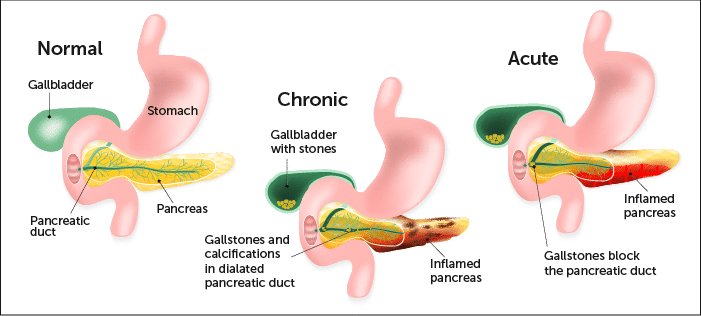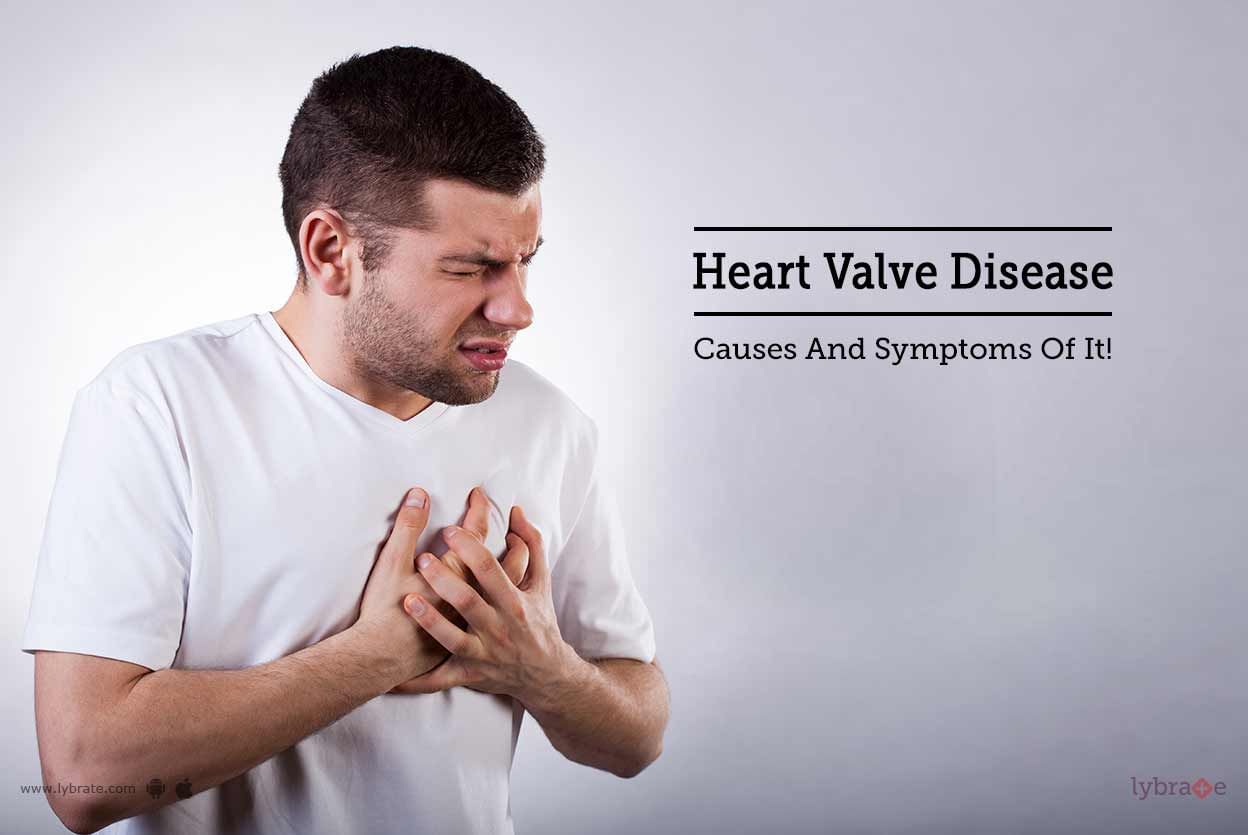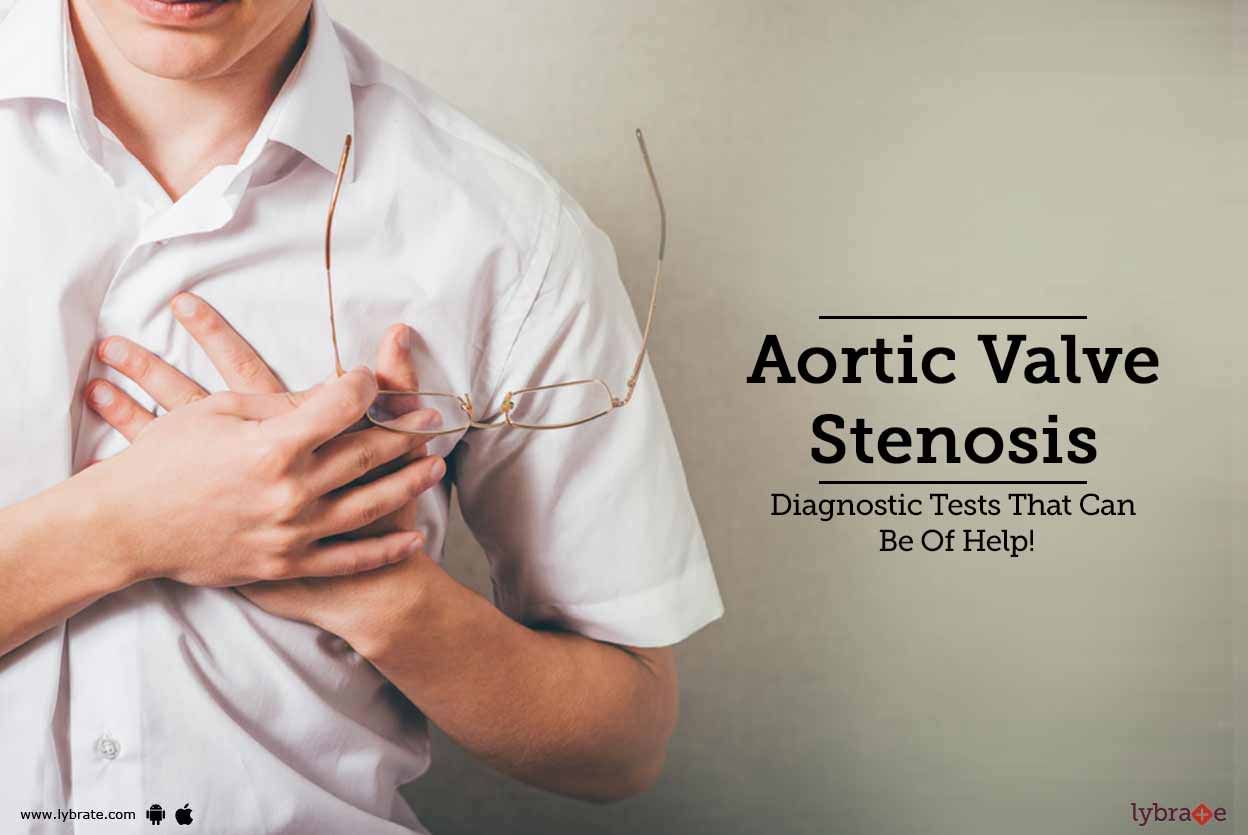Get the App
For Doctors
Login/Sign-up
About
Health Feed
Find Doctors
Health Packages
AllQ&AsTipsQuizzes
Unstable Angina Tips
Last Updated: 6 years ago• Featured Tip
Share
Bookmark
Report
The heart is a 4-chambered organ and acts like a pump by collecting and sending out blood from and to all parts of the body. It has blood vessels coming into it and branching out of it for this. The beauty of it though is that the blood flow is controlled to happen in one direction with a set of small valves, which are muscular tissues that close and open to allow for blood flow.
There are 4 sets of valves:
Mitral which regulate blood flow between the two ventricles
Tricusp...more
There are 4 sets of valves:
Mitral which regulate blood flow between the two ventricles
Tricusp...more
Last Updated: 6 years ago• Featured Tip
Share
Bookmark
Report
ENT Specialist•Faridabad
An inflammation of the pancreas is known as pancreatitis. The pancreas is an organ that produces digestive enzymes. Pancreatitis might start any day and continue for long period and it requires immediate medical attention. It is of two types- acute pancreatitis and chronic pancreatitis. Although the treatment usually requires hospitalization, pancreatitis can be easily stabilized and the underlying cause can be treated thereafter.
CAUSES:
Pancreatitis may be caused due to vario...more
CAUSES:
Pancreatitis may be caused due to vario...more
Last Updated: 6 years ago• Featured Tip
Share
Bookmark
Report
Pancreatitis Overview:
Pancreatitis is an inflammation in the pancreas which is an organ located behind the stomach s lower part in the human body.
Types of pancreatitis:
- Acute Pancreatitis
- Chronic Pancreatitis
Acute Pancreatitis:
Acute Pancreatitis lasts for a shorter duration of time. It is the sudden inflammation of the pancreas in the human body. Acute pancreatitis is a disease where an individual has damage in their tissues, bleeding into th...more
Pancreatitis is an inflammation in the pancreas which is an organ located behind the stomach s lower part in the human body.
Types of pancreatitis:
- Acute Pancreatitis
- Chronic Pancreatitis
Acute Pancreatitis:
Acute Pancreatitis lasts for a shorter duration of time. It is the sudden inflammation of the pancreas in the human body. Acute pancreatitis is a disease where an individual has damage in their tissues, bleeding into th...more
Last Updated: 6 years ago• Featured Tip
Share
Bookmark
Report
Pulmonary Edema
The term Edema refers to swelling. This swelling is generally caused by the fluids inside the blood vessels permeating to the outside of the blood vessels and into the tissues in the surrounding areas. The main causes of this happening are lack of proteins in the blood which hold the fluid in the plasma cells or because of excessive pressure in the blood vessels.
Pulmonary edema is the term used when the lungs are affected by edema. In this condition fluid accumulate...more
The term Edema refers to swelling. This swelling is generally caused by the fluids inside the blood vessels permeating to the outside of the blood vessels and into the tissues in the surrounding areas. The main causes of this happening are lack of proteins in the blood which hold the fluid in the plasma cells or because of excessive pressure in the blood vessels.
Pulmonary edema is the term used when the lungs are affected by edema. In this condition fluid accumulate...more
Last Updated: 6 years ago• Featured Tip
Share
Bookmark
Report
The aorta is the largest blood vessel that supplies pure, oxygenated blood to the various parts of the body. Starting in the left lower heart chamber, it takes a U-turn down to the abdominal area and then the legs. It branches as it goes down, with two main branches being the thoracic and abdominal aorta.
Thoracic aortic aneurysm, also known as thoracic aortic dissection or descending aortic aneurysm is abnormal swelling of the aorta in the chest which can rupture over a period of time....more
Thoracic aortic aneurysm, also known as thoracic aortic dissection or descending aortic aneurysm is abnormal swelling of the aorta in the chest which can rupture over a period of time....more
Last Updated: 6 years ago• Featured Tip
Share
Bookmark
Report
When blood clot blocks one or more arteries in your lungs the condition is known as pulmonary embolism. It can cause a decrease in the oxygen levels in your blood, damage to your lungs due to sudden restrictions in the flow of blood along with adverse effects on other parts of your body. Life threatening blockage can cause death if left untreated and you should immediately contact your health care provider to get proper diagnosis. Pulmonary embolism requires various lab tests and generally requi...more
Last Updated: 6 years ago• Featured Tip
Share
Bookmark
Report
Complications in the heart valve occur when the functioning of the heart valve is impaired. Valves of the heart allow the blood to flow in one direction and prevent the blood from flowing back into the ventricles of the heart.
Heart valve diseases can be classified as follows:
Valvular stenosis: This condition occurs when the valves of the heart does not open completely due to stiffness. As the opening is narrow, the heart has to work hard to pump blood. This condition may lead...more
Heart valve diseases can be classified as follows:
Valvular stenosis: This condition occurs when the valves of the heart does not open completely due to stiffness. As the opening is narrow, the heart has to work hard to pump blood. This condition may lead...more
Last Updated: 6 years ago• Featured Tip
Share
Bookmark
Report
The word acute coronary syndrome refers to a group of symptoms that are caused by blockage of the blood flow to the heart muscles. The most common result of this is myocardial infarction or heart attack as it is popularly called. Reduced blood flow leads to death of some portion of the heart muscle wall. While the word heart attack sounds almost fatal, it need not be the case. Knowing how to identify an attack and being aware of some simple measures can help save lives.
Symptoms: The...more
Symptoms: The...more
Last Updated: 6 years ago• Featured Tip
Share
Bookmark
Report
Complications in the heart valve occur when the functioning of the heart valve is impaired. Valves of the heart allow the blood in one direction and prevent the blood from flowing back into the ventricles of the heart.
Heart valve diseases can be classified as follows:
1. Valvular stenosis:
This condition occurs when the valves of the heart do not open completely due to stiffness. As the opening is narrow, the heart has to work hard to pump blood. This condition may lead to...more
Heart valve diseases can be classified as follows:
1. Valvular stenosis:
This condition occurs when the valves of the heart do not open completely due to stiffness. As the opening is narrow, the heart has to work hard to pump blood. This condition may lead to...more
Last Updated: 6 years ago• Featured Tip
Share
Bookmark
Report
Aortic valve stenosis is a heart condition in which the valve to the biggest artery- the one which provides oxygen-rich blood to our body, called aorta, is narrowed. This prevents the valve from opening fully, obstructing the blood flow from your heart into your body.
When the aortic valve doesn t open, your heart needs to work harder to pump blood to your body making the heart muscle weak. If left undiagnosed aortic stenosis is fatal.
Symptoms
These symptoms should sp...more
When the aortic valve doesn t open, your heart needs to work harder to pump blood to your body making the heart muscle weak. If left undiagnosed aortic stenosis is fatal.
Symptoms
These symptoms should sp...more
Book appointment with top doctors for Unstable Angina treatment
View fees, clinic timings and reviews
Ask a free question
Get FREE multiple opinions from Doctors
posted anonymously


















